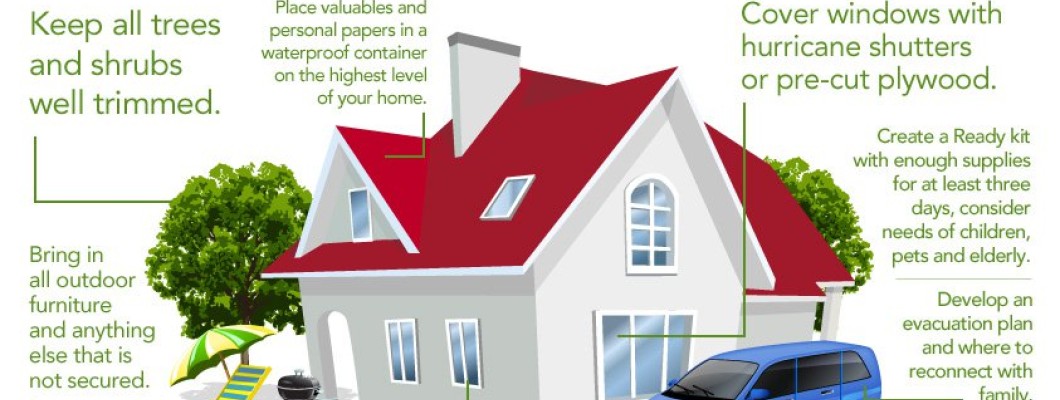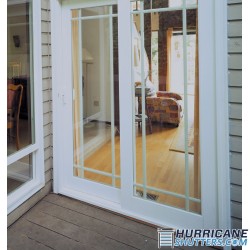21 May


Posted By
0 Comment(s)
73958 View(s)
Hurricane Preparation
,
Hurricane Shutters
,
Impact Windows & Doors
Introduction
- The increasing frequency and intensity of hurricanes in recent years have made it crucial for individuals and communities to prioritize hurricane preparedness.
- In this article, we will explore the essential steps you can take to protect your home and ensure the safety of your family before, during, and after a hurricane.
- By following these guidelines, you can significantly reduce the risks associated with hurricanes and minimize potential damage.
Understanding Hurricanes
- Hurricanes are powerful tropical storms characterized by high winds, heavy rainfall, and the potential for storm surge.
- They form over warm ocean waters and can cause widespread devastation, including property damage, flooding, and loss of life.
- Understanding the nature and behavior of hurricanes is key to effectively preparing for and responding to these natural disasters.
Types of Hurricanes
- Hurricanes are classified into categories based on their wind speed, with Category 1 being the least severe and Category 5 being the most intense.
- Each category represents different levels of potential damage and impacts on coastal areas.
- Familiarizing yourself with hurricane categories can help you gauge the potential threats associated with an approaching storm.
Hurricane Preparations
- Preparation is the key to mitigating the impact of a hurricane. Start by staying informed about weather updates and warnings through reliable sources such as the National Hurricane Center or local authorities.
- Develop a comprehensive hurricane preparedness plan that includes creating an emergency kit, securing your property, and having an evacuation plan in place.
- By taking proactive measures, you can ensure the safety and well-being of your loved ones.
Creating an Emergency Kit
- A well-stocked emergency kit is essential in case of a hurricane or any other natural disaster.
- Include essential items such as non-perishable food, water, medications, flashlights, batteries, a first aid kit, important documents, and cash.
- Regularly check and update your emergency kit to ensure it is fully stocked and in good condition.
Securing Your Property
- Prior to hurricane season, assess your home's vulnerability to strong winds and heavy rains.
- Reinforce windows and doors with storm shutters or impact-resistant materials.
- Trim trees and secure loose objects in your yard to minimize potential damage from flying debris.
- Consider installing a backup power generator to ensure a continuous power supply during an outage.
Evacuation Planning
- If you live in an area prone to hurricanes or in a designated evacuation zone, familiarize yourself with the evacuation routes and procedures.
- Have a plan in place for your family, including a designated meeting point and communication methods.
- Prepare an evacuation kit with essential supplies to take with you, including important documents, medications, and personal items.
Protecting Important Documents
- Make copies of important documents such as identification papers, insurance policies, and medical records.
- Store these copies in a waterproof and portable container or upload them to secure online storage.
- Having backups of crucial documents ensures that you can access them even if the originals are damaged or lost during a hurricane.
Emergency Communication Plan
- Establish a communication plan with your family members and loved ones.
- Identify an out-of-town contact who can serve as a central point of communication.
- Share contact information and ensure everyone knows how to reach






-Mount-Standard-Sizes-0-1-250x250w.jpg)
-Mount-Standard-Sizes-0-1-250x250w.jpg)

-(10ft.-Sections-5ft.-Poles-On-Center)-0-1-250x250w.jpg)

-0-1-250x250h.jpg)



